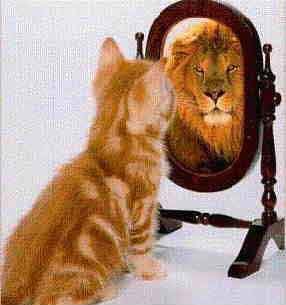 |
| Need... More... Coffee... |
SO fixed the washing machine last night (it broke last Monday), so I managed to do the laundry this morning. The only reason I mention this is because, while the machine was doing its thing, my mind was doing the writer's thing, thinking of a way to insert doing laundry and the washing machine in a story or with a character. The character would probably be a female, but, of course, there's a bunch of questions: when does she do the laundry? Early in the morning, to get it done as soon as possible? Late at night, when the power is cheaper? In the afternoon or in the evening, after the job is done (what job, and at what time of the day is it done?). Does she wait until there's enough to fill the machine, or there's a reason to do the laundry before that? What detergent does she use? What's the smell of it, is it something she prefers, or whatever is the cheapest in the supermarket? And so on.
I don't know the answers to these questions, but just thinking about them told me it's possible to learn interesting stuff about the character from the way she does the laundry.
By the way, that's a writer's mind for you, sometimes. Or more often than that. Can't do a routine, mundane thing without thinking about writing.
Speaking of writing, a great way to improve your writing can be a writers workshop. Unfortunately, they can also make your writing much worse than it would otherwise be. I've encountered both kinds of writers workshops, and this excellent text reminded me of them (you can also find links to some online -- and free! -- writers workshops there).
Since it's Monday, I can't help but think of coffee and the other ways to wake up (I think I still have too much blood in my caffeine). And when it comes to coffee, you have to drink it from something, right? This wonderful page has some hilarious coffee mugs -- gotta love 'em!
Okay, enough with the ramblings, back to work! Oh, and feel free to share your Monday (Tuesday, Friday, whatever) ramblings!





